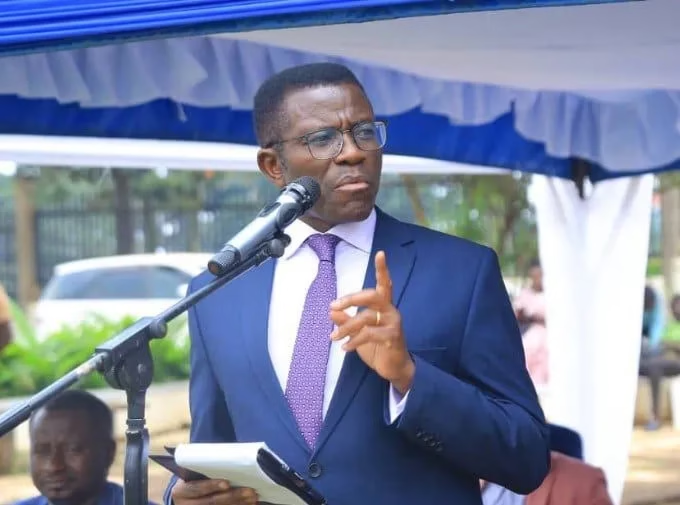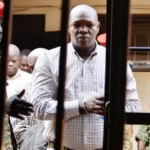The Katikkiro (Prime Minister) of Buganda Kingdom is facing increasing pressure from within the Kingdom’s leadership to provide a comprehensive audit of his office, including a detailed list of employees and their specific roles. The demand for transparency comes amid growing calls for accountability in the management of the Kingdom’s resources and operations.
According to sources within the Buganda Lukiiko (Parliament), the Katikkiro was officially requested to present:
- A detailed financial audit of his office’s expenditures
- A full list of all staff employed under his office
- A breakdown of each employee’s responsibilities and job roles
- An explanation of recruitment procedures and contractual agreements
The request is part of an internal review process aimed at improving governance within the Kingdom’s administrative structure. The Katikkiro’s office, which oversees major economic and social development projects, handles significant funds from both internal and external sources, including contributions from loyal subjects of Buganda both in Uganda and the diaspora.
The Lukiiko, the Kingdom’s legislative body, has reportedly raised questions about the lack of clear reporting systems within the Katikkiro’s office. There have been concerns over:
- Non-disclosure of key financial documents
- Unclear staff appointments without public advertisements or competitive recruitment
- Suspicions of inflated payrolls and unverified consultancies
Members of the Lukiiko argue that providing this information is not only a matter of administrative duty but also a sign of respect for the Kingdom’s governance structures and subjects.
So far, the Katikkiro has not officially responded to the requests for the audit and staff details. Sources close to his office suggest he views the process as intrusive and politically motivated. However, critics argue that accountability should transcend personal or political differences, especially in an institution that plays such a central role in cultural and community development.
Many Buganda subjects have expressed concern over the current standoff. While the Katikkiro is respected for leading several modernization efforts and fundraising campaigns, questions about transparency threaten to overshadow his accomplishments.
“We love our Kingdom and trust our leaders, but we also expect them to be accountable. The Katikkiro should lead by example,” said a concerned Mengo resident.
The Kingdom’s internal governance mechanisms may soon be tested if the Katikkiro does not cooperate with the audit process. Some members of the Lukiiko are reportedly considering formal action to enforce compliance. Others are calling for a peaceful resolution through dialogue and mediation.
As one of the most influential cultural offices in Uganda, the role of the Katikkiro is not only administrative but symbolic. How he handles this situation could set an important precedent for transparency and accountability in traditional leadership
As the demand for openness grows, all eyes remain on the Katikkiro to see whether he will comply with the audit requests and provide clarity on the staffing structure of his office. For many, this is a pivotal moment that could shape the future of governance within the Buganda Kingdom.



